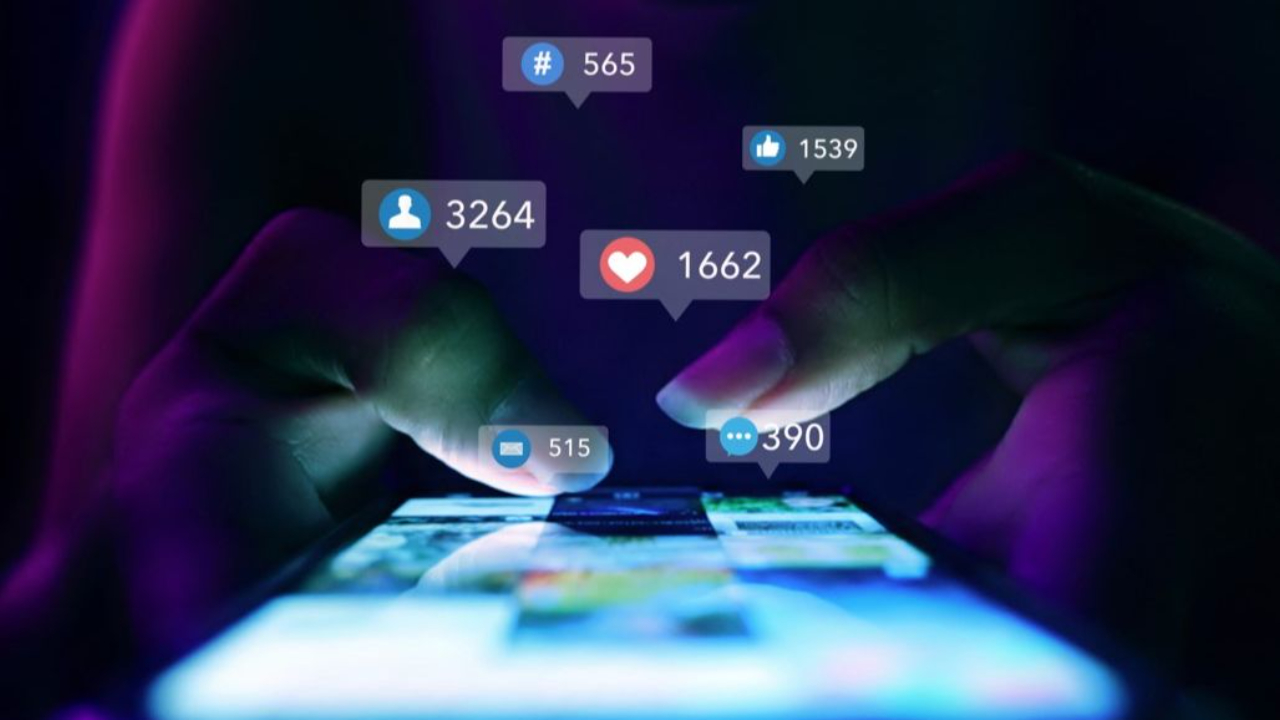The Hidden Costs of Free Apps
Sep 18, 2025
How TikTok and Social Media Harvest Your Data
By Adam J Lynott
I can remember the first time I heard about Facebook. It was summer in Colorado, and I was sitting on my brother’s back porch with our future wives and a few close friends. My brother was talking about playing Scrabble with our cousin who lived on the East Coast. I asked him how that was possible, which sounds like something an insane person would ask nowadays, and he told me it was through a platform called Facebook.
“It’s like Myspace, but there was so much more to do on it. I found people there that I haven’t talked to in years, and I can communicate and play games with anyone.”
I signed up for it the next day. I too had a great time looking through photos of family I hadn’t seen in years. I chatted with aunts, uncles, and cousins I had lost touch with. Eventually, I spent way too much time on it. It started to affect my mood and sleep patterns. Vast amounts of time would be gobbled up by scrolling through posts, pictures, and videos. I made a conscious decision about 10 years ago to ban it from my life, and that was before I learned about their hidden costs.
Apps like TikTok, Instagram, and Facebook have woven themselves into our daily routines so seamlessly that we don’t think about what’s happening behind the scenes. They seem light-hearted. They give us entertainment, help us stay connected, let us share moments from our lives. But underneath the cat videos and dance challenges, is something most people don’t fully grasp: these apps are data-harvesting machines.
How Apps Collect Your Data and What They Collect
During app installation, you are typically asked to grant permissions. These may include access to your camera, microphone, location, and contacts. Some of these may seem necessary for the app to function, however, they often go beyond what’s required. Once you install one of these data-harvesting apps, it has access to your name, email address, and phone number. It catalogs every picture you post, every friend list you put together, and every message you send. It assembles data on your location history and browsing habits. It tracks your every move within them, including what content you watch, how long you watch it for, and what videos and pictures you click “like” on.
But the scope goes much deeper. A lot of social media apps also collect your computer or phone information, including the model, what operating system you’re using, and even what your battery level is at. Some can even track your movement across websites and other apps. Some keep tabs on how quickly you swipe, or how much pressure you use to click on your screen. Slowly, it will build a profile of who you are. One could say, apps know more about you than your spouse or best friend does.
You may be thinking, well I’ll just delete the app, and the data they’ve collected will go away. However, it’s collected continuously and stored for extended periods, often well beyond the time you actively use the app.
What Are The Risks?
- So what if this information is being stored somewhere? We’re posting our lives onto a platform that the entire world can see. Privacy is out the window in that case.
Data collection risks are significant. First off, it’s a huge invasion of privacy. Your data is used to set up targeted advertising. That may seem harmless, but the fact you don’t know who has your data and what level of protection is implemented in keeping it safe can be terrifying. It is a tempting target for hackers. It could also be sold to data brokers. Access to your data can lead to identity theft, financial fraud, and other serious consequences. There’s also the concern of government surveillance, as some countries may compel companies to hand over user data for monitoring purposes.
So, What Can You Do to Protect Yourself?
The best action you can do is take a deep look at your app usage. Ask yourself if you really need all those social media apps. Delete the ones you rarely use. On the apps that you decide to keep, review the permissions and restrict as many of them as you can. Use privacy settings to limit the data collection whenever possible.
Another important step is to be mindful of what you share and post online. Once the information is out there, it’s difficult to scrub away or take back. You can consider alternative ways to stay connected with friends and family which don’t involve sharing your data with large corporations. And at the risk of sounding like an out-of-touch elder, which I’m morphing into more every day, perhaps it’s time to rediscover the joy of face-to-face conversations or phone calls.
In conclusion, social media offers entertainment and connection, but it comes with hidden costs to your privacy and security. By understanding these risks and taking steps to protect your data, you can make more informed decisions about your online presence. It may be challenging, but reducing your reliance on social media could lead to a more private, secure, and fulfilling life.
I know it did for me.
Stay connected with news and updates!
Join our mailing list to receive the latest news and updates from our team.
Don't worry, your information will not be shared.
We hate SPAM. We will never sell your information, for any reason.

